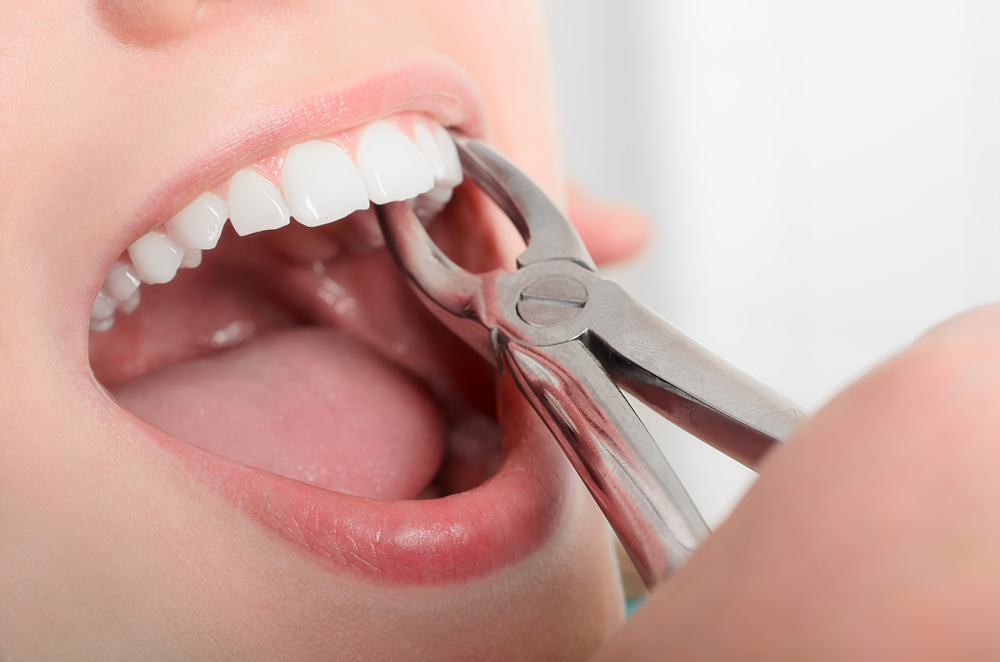Extractions are a daily procedure dentists go through. Whether it’s for one tooth, many or wisdom teeth the processes may be different depending on each patient. Teeth need to be extracted for few reasons, typically. The reasons extraction may be necessary is because the tooth is dead or infected, it needs to be removed to make room for others, or your wisdom teeth are impacted. There are always exceptions to the rule, but these are primarily the issues with teeth.
Extractions are nothing to worry about because of their routine nature. There will be the case every few patients that an extraction may be more involved than usual, but it is necessary it is removed to harm isn’t being done to the oral cavity.
Depending on your extraction type, your dentist may offer sedation methods to calm your nerves. Nitrous oxide, usually referred to as gas is a good anesthetic for patients of all ages because it does not put you to sleep and works for many. This is also a very safe option that doctors offer. Another sedation method that may be used is IV sedation. This typically is for the more severe cases, like wisdom teeth but is optional. IV sedation is typical for the tougher extractions because it does put you under. This allows for a seamless procedure for the doctor and no memory for the patient.
If you’re in need of an extraction, it is important to always see your dental professional. While they may seem like no big deal, without the proper tools or care, severe damage to the oral cavity can be done. One reason why it is important for doctors to do the procedure is because harm can be done to the jaw bone or soft tissue.
If you’re in need of an extraction, contact your dentist. Their team will be able to answer any questions or provide any other information you may need surrounding this procedure.



